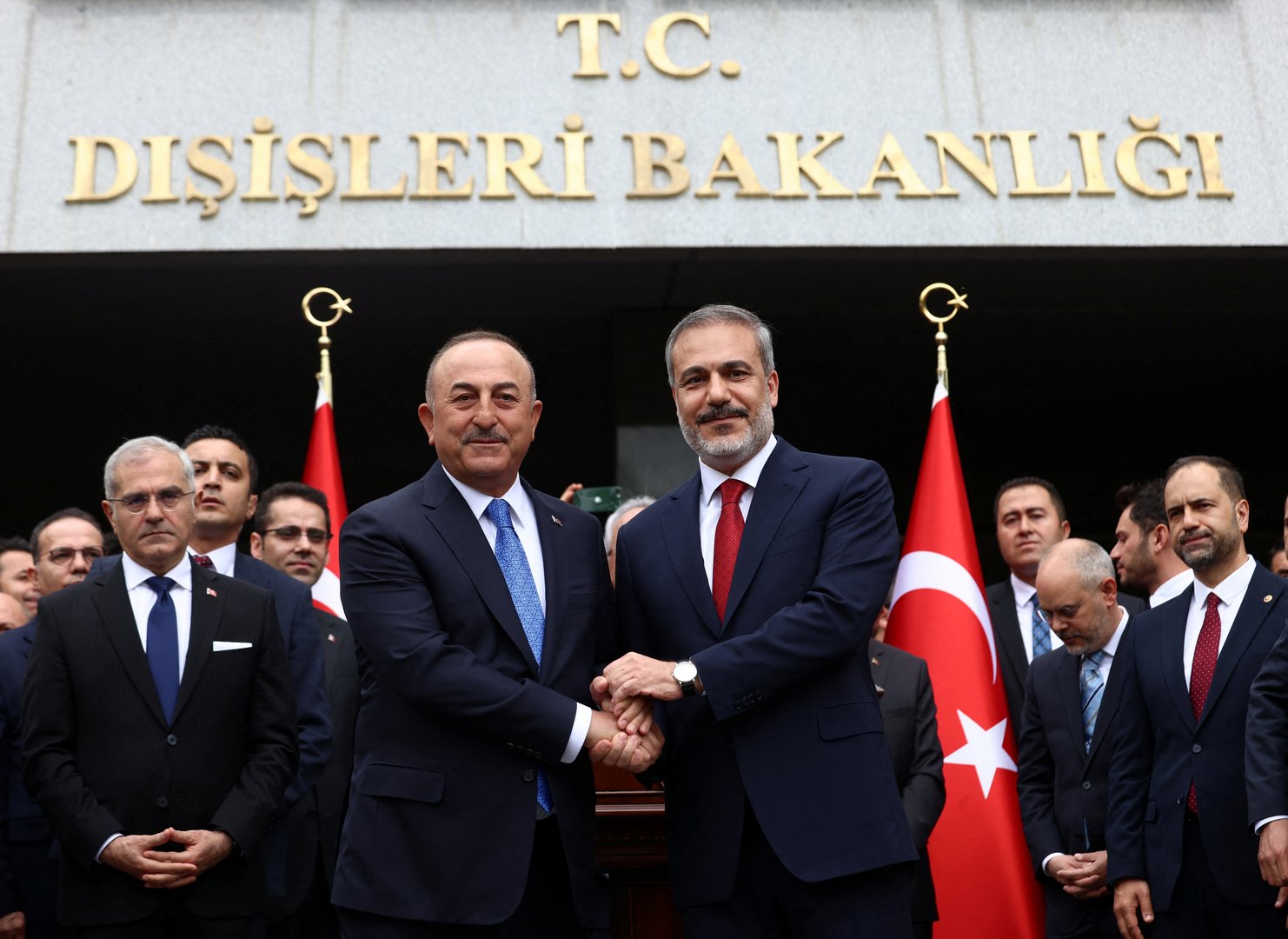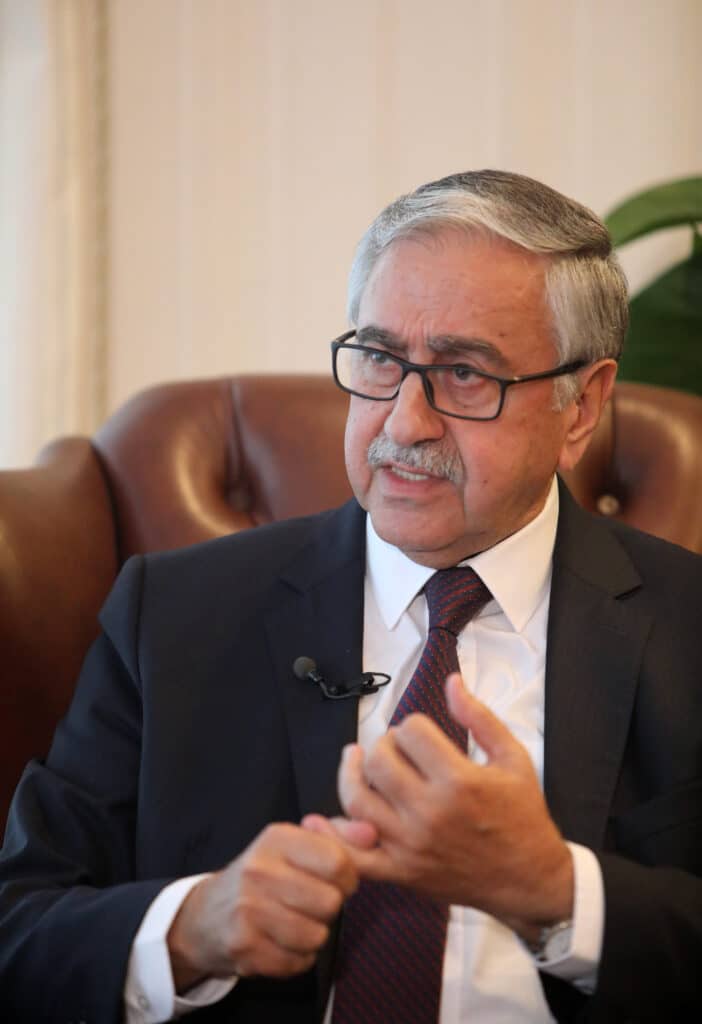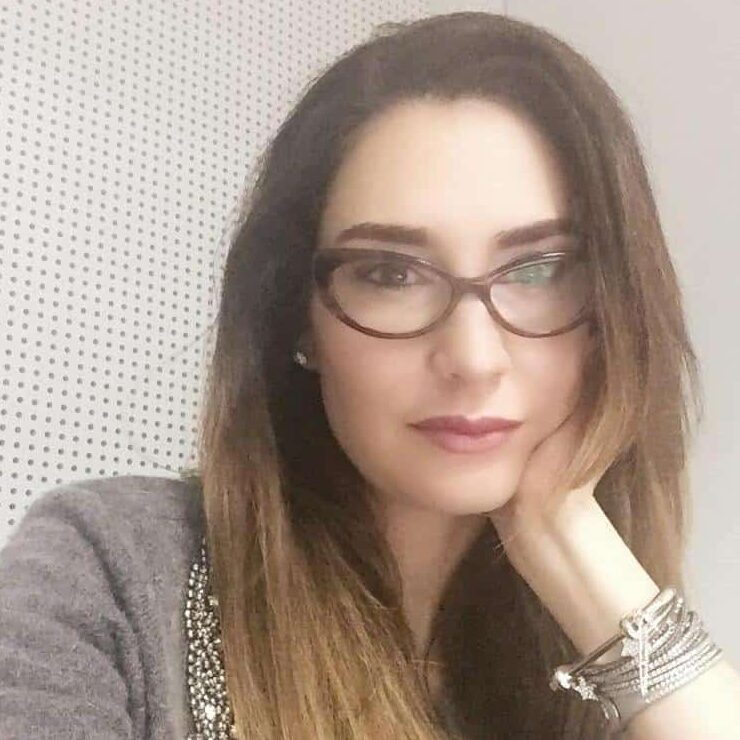Will have huge impact on northern Cyprus
The appointment of Turkey’s secretive intelligence chief as the country’s new foreign minister is a sign that Turkish foreign policy, which has been led through espionage, military measures and talks behind closed doors in the last decade, will continue to override public diplomacy, dialogue and peaceful relations.
Many analysts agree that Hakan Fidan, 55, who has led the Turkish National Intelligence Agency (MIT) since 2010, and has now become the foreign minister, was in the last decade the person shaping the foreign policies of Turkey, from Cyprus to the Middle East to the Balkans and the West.
Fidan replaced ex-foreign minister Mevlüt Çavuşoğlu, after Turkish President Recep Tayyip Erdoğan won the runoff elections on May 28 in Turkey.
“The one, who shaped foreign relations in the last decade, the one who fought with the whole world, who burned all the bridges, who formed hostile relations, and for this reason made Turkey pay a heavy economic price, was not the foreign minister,” said Turkish lawyer and political commentator Salim Şen during a TV programme earlier this week. “Nor was it the foreign ministry. Nor the Turkish armed forces. All these were done with Hakan Fidan.”
International Relations expert and academician Yonca Özdemir believes that Fidan’s recent appointment will only consolidate the security and intelligence-based foreign policy approach of Turkey.
“For a long time now, foreign relations have been managed through MIT,” says Özdemir. “With this appointment, this reality is materialising and becoming official.”
Fidan is a graduate of the army forces school and was a non-commissioned officer in the Turkish army. After serving in various government positions including as an adviser and a special envoy to the then-prime minister Erdoğan, he was appointed to head MIT at only 42 years of age. During his 13-year tenure, he transformed and strengthened MIT and elevated it to become the most important actor in Turkish foreign policy along with the presidency.
International relations expert İpek Borman underlines that Turkey in the last decade has led a securitised foreign policy, under which regular political issues have been transformed into matters of security, thus enabling extraordinary means to be used.
“Through official rhetoric and actions, many foreign relations issues are elevated to become matters of survival of the state,” says Borman. “Therefore, any action and operation become justified and legitimised.”
In a securitised geopolitical environment, the main actor is not the foreign ministry but the security apparatus, explains Borman.
Fidan who has been referred to as “my confidant” by Erdoğan, has been at the centre of many controversial issues.
In 2012, he led secret talks with the outlawed Kurdistan Workers Party (PKK) and became the subject of a terrorism inquiry until Erdoğan changed the law to protect him. In a notorious leaked recording in 2014 of a discussion of top security officials including Fidan, on how to justify an operation in Syria, the voice purportedly of Fidan says: “Now look, my commander, if there is to be justification, the justification is, I send four men to the other side. I get them to fire eight missiles into empty land. That’s not a problem. Justification can be created.” The Turkish government never denied the authenticity of the recording.
In another incident in 2014, Syria-bound MIT trucks were stopped in southern Turkey. Officials claimed the trucks were carrying humanitarian aid to the Turkmens in Syria, but a newspaper later revealed that the trucks were carrying weapons to the rebel groups fighting against the Syrian government. The prosecutors, police, gendarmerie, and military personnel involved in the stopping of the trucks had their positions changed, were suspended, and some were arrested. Journalists, who reported the incident, were sentenced to prison.
Fidan was also one of the most discussed names in the coup attempt in 2015, with questions revolving around why the MIT had not informed or warned Erdoğan although it was aware of the plan. Opposition leader Kemal Kılıçdaroğlu alleged that the coup was a conspiracy planned by the intelligence and the government. Fidan refused to testify before an investigative parliamentary commission regarding the coup attempt.
The consequences of the securitised policies have also been visible in the northern part of Cyprus, which in recent years, has been witnessing a very heavy-handed control by Turkey.
“Cyprus is an extremely securitised area,” says Borman. “It is seen as a ‘strategic asset.’ Therefore, the approach here is to do away with any opinion or activity that may undermine this ‘strategic asset’.”
One investigation has revealed shocking details of threats, pressure and blackmailing by Turkey’s MIT during the 2020 elections against the then Turkish Cypriot leader Mustafa Akıncı in favour of right-wing politician and current leader Ersin Tatar.
According to the investigation report published in 2021, Akıncı’s private secretary Cenk Gürçağ was invited to meet with the MIT officials, where he was told:
“The enemy is at the door. We need people, who love Turkey, who will not betray Turkey, who will cooperate with Turkey, to lead this place. We don’t want Akıncı here. He will not win. We will make sure he doesn’t win. Even if he does, nothing will be the same. We know everything about the people close to him. We know every breath they take…”
The MIT official continued: “I urge you to convey to Akıncı. It will be the best for him, his family, and his close colleagues to withdraw his candidacy. Tell him to announce this on Facebook tonight. We come from the very top. Nobody and nothing is more important than Turkey’s survival.”
According to the report, after finding out about this threat, Akıncı summoned Turkey’s ambassador to his office. The Turkish ambassador refused saying: “It is Ankara’s orders. I cannot come.”
“MIT has been working as if it was the one responsible from Cyprus anyway,” says journalist Aysu Basri Akter. “It has been very active. It intervened in elections, it was here on the ground, people were threatened, people were pulled aside and intimidated.”
Akter, who is one of the ten Turkish Cypriot journalists, writers, and intellectuals, who have been denied entry into Turkey on grounds that they pose a threat to Turkey’s national security, also underlines that the list of banned Turkish Cypriots is prepared by the MIT.
“We were all told as we were denied entry that there is a MIT report against us,” says Akter. “With Fidan now at the foreign ministry, Turkey’s interventionist approach in Cyprus based on conspiracy theories, deep relations and intelligence will continue.”
International relations expert and academician Özdemir believes that the oppression in the north will get even worse especially because of the results of the Turkish presidential elections. Some 140,000 Turkish nationals living in the north had the right to go to polls. Opposition leader Kemal Kılıçdaroğlu won 60 per cent of the votes in the north.
“I am sure this has been noted somewhere,” says Özdemir. “I am sure the control on the northern part of Cyprus will become even firmer.”
“The man is not a diplomat, he is a soldier,” stresses Akter. “Turkish foreign policy is being fully surrendered to the hands of deep intelligence and military.”








Click here to change your cookie preferences